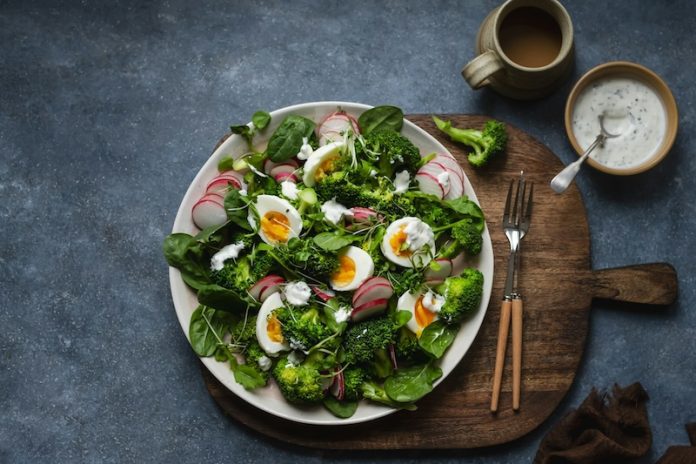
Inflammation is a natural response of your body to protect itself against harm, but when it goes on for too long or occurs in places it’s not needed, it can lead to various health issues.
Chronic inflammation has been linked to diseases like heart disease, diabetes, arthritis, and depression.
This is where the anti-inflammatory diet comes in—a way of eating that supports your body’s defense against these conditions.
This guide simplifies what to eat, why it helps, and how to easily integrate these foods into your daily life.
Imagine your body as a high-tech security system that sometimes gets a little overzealous, causing more trouble than the intruders it’s meant to fend off.
The anti-inflammatory diet helps to recalibrate this system, focusing on foods known to reduce inflammation and, in turn, reduce your risk of chronic diseases.
It’s not about strict prohibitions but rather about emphasizing foods that heal and protect your body.
Central to the anti-inflammatory diet are fruits and vegetables. They’re packed with antioxidants—substances that can slow down or prevent damage to your cells caused by free radicals, which are linked to inflammation.
Berries, green leafy vegetables, and other brightly colored fruits and vegetables are particularly beneficial. They’re not only nutritious but also contain high levels of phytochemicals, which are compounds that reduce inflammation.
Whole grains are another cornerstone of the anti-inflammatory diet. Unlike refined grains found in white bread and pasta, whole grains retain all parts of the grain, offering more fiber, protein, and nutrients.
Eating whole grains can help lower the risk of chronic diseases and reduce inflammatory markers in the blood.
Healthy fats are also crucial. The omega-3 fatty acids found in fatty fish like salmon, mackerel, and sardines, as well as in flaxseeds, chia seeds, and walnuts, are known for their anti-inflammatory effects.
Olive oil, a staple of the Mediterranean diet, which is often cited as an exemplary anti-inflammatory diet, contains oleocanthal, a compound that has been shown to have anti-inflammatory properties similar to ibuprofen.
Spices and herbs add more than just flavor to your meals; they can also offer significant health benefits.
Turmeric, for example, contains curcumin, a substance with powerful anti-inflammatory and antioxidant properties. Ginger and garlic also have been shown to have anti-inflammatory effects.
While focusing on what to include is crucial, knowing what to avoid is equally important. Processed foods, sugary beverages, and refined carbs are known to contribute to inflammation.
Similarly, excessive consumption of red meat and processed meats has been linked to increased inflammation and chronic disease risk.
Adopting an anti-inflammatory diet doesn’t require drastic changes overnight. Small, sustainable shifts like incorporating more fruits and vegetables into meals, choosing whole grains over refined, and opting for healthy fats can make a significant difference.
Staying hydrated, limiting alcohol consumption, and avoiding processed foods are also key components of reducing inflammation through diet.
Research supports the anti-inflammatory diet’s benefits, showing links between this way of eating and reduced signs of inflammation, lower risk of illness, and improved mood and energy levels.
As always, it’s important to consult with a healthcare provider before making significant changes to your diet, especially if you have existing health conditions.
In essence, the anti-inflammatory diet is about filling your plate with foods that nurture your body, reducing inflammation, and fostering overall health.
It’s a gentle, beneficial approach to eating that emphasizes the power of food to heal and protect your body, making it a worthwhile consideration for anyone looking to improve their health through diet.
Follow us on Twitter for more articles about this topic.
Copyright © 2024 Scientific Diet. All rights reserved.





